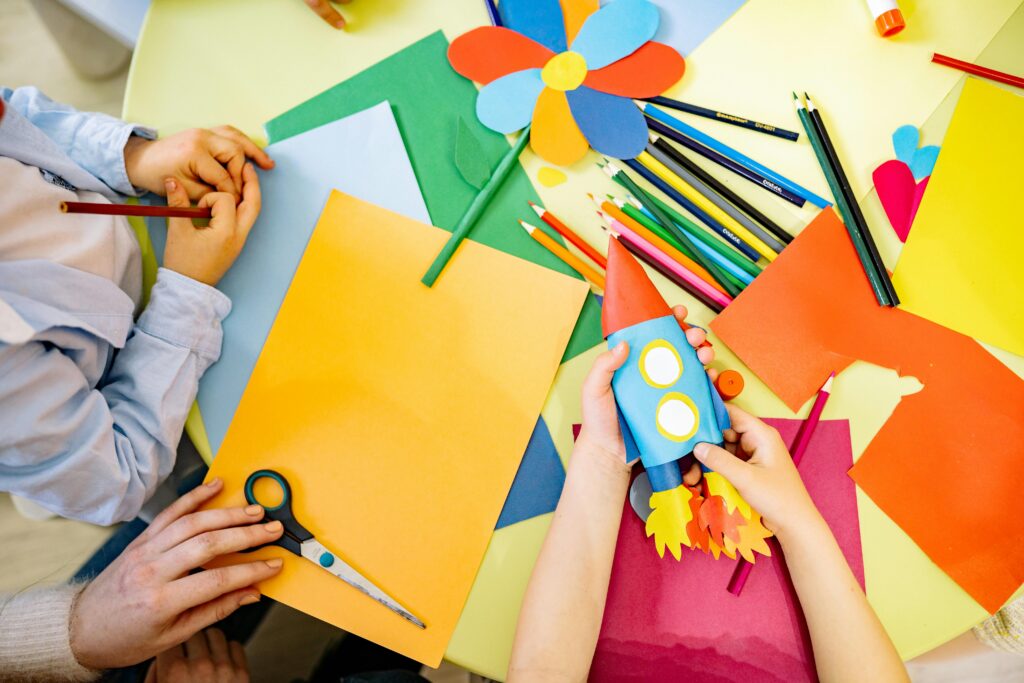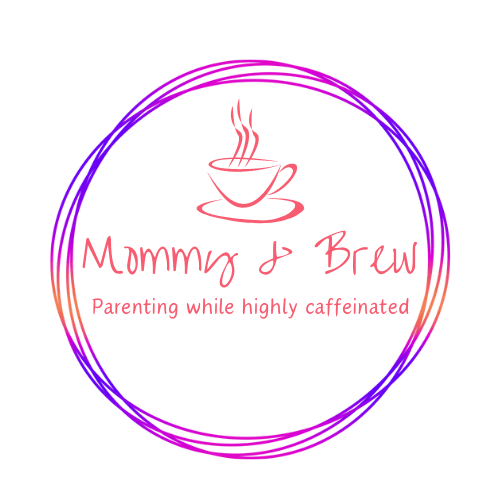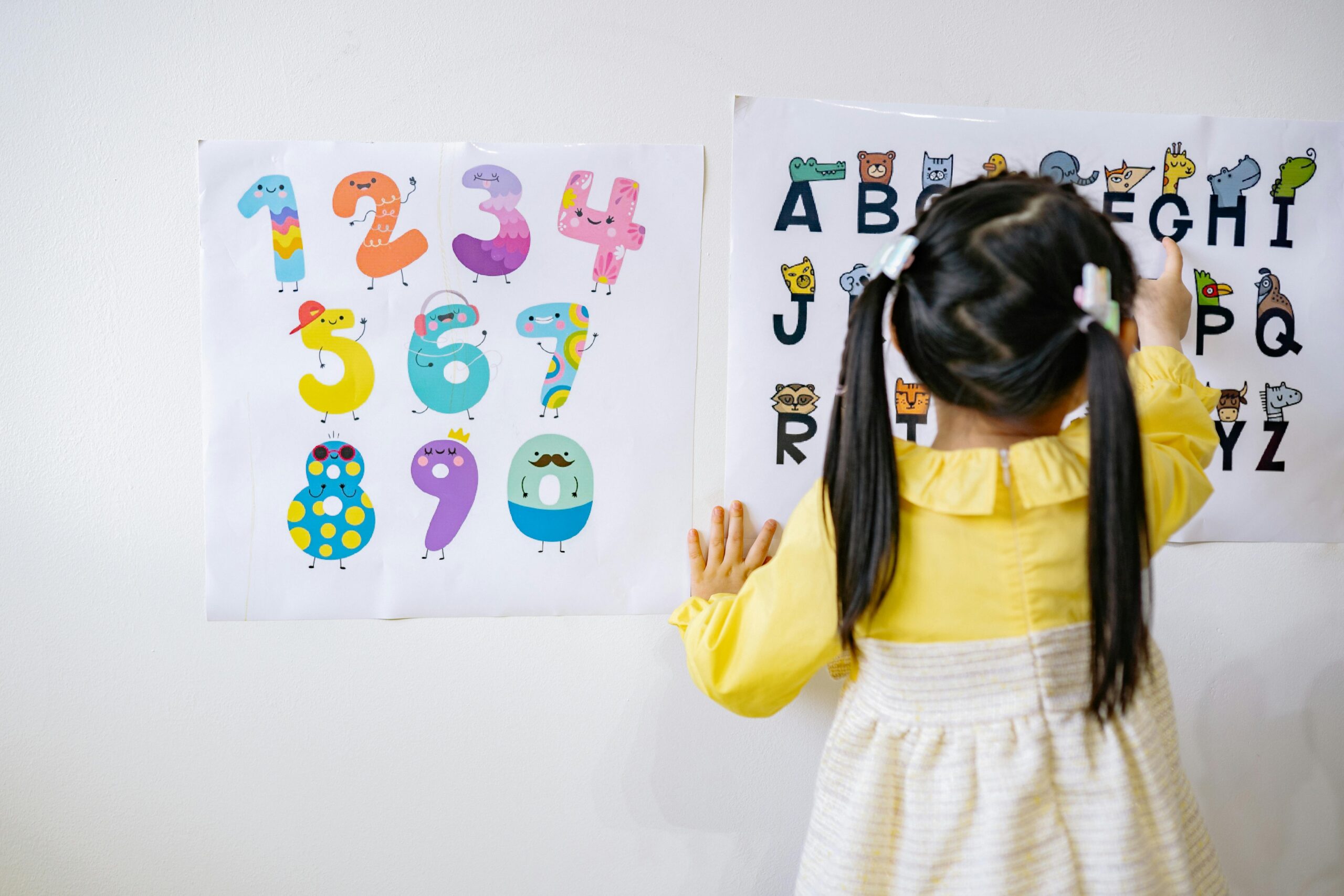Hey there, fellow first-time parents gearing up for kindergarten! As a mom who’s been through it all, let me walk you through the journey and help you check off all those important boxes on your kindergarten checklist.
First things first, let’s talk research. Dive into exploring different kindergarten options in your area. Check out public schools, charter schools, and private schools, and consider factors like location, curriculum, extracurricular activities, and parent involvement. Don’t forget to attend open houses or schedule tours to get a feel for each school’s atmosphere and values.
This post may contain affiliate links. Any purchase made through such links will result in a small commission for the author, at no additional cost to the you.
Prep Checklist
Here’s a detailed breakdown of what you’ll need for your Kindergarten Checklist:
- Registration Paperwork: Make sure to gather all the necessary documents, including birth certificates, proof of residency, immunization records, and any required forms from the school district.
- School Supplies: Stock up on essentials like backpacks, lunch boxes, pencils, crayons, markers, notebooks, folders, and any other items specified by the school’s supply list.
- Clothing and Gear: Don’t forget to outfit your little one with comfortable and weather-appropriate clothing, including uniforms if required. And don’t skimp on the sturdy shoes for all the playground adventures!
- Health Check-ups: Schedule a visit to the pediatrician for a thorough check-up and ensure that your child is up-to-date on vaccinations and in good health for the school year ahead.
- Emotional Preparation: Prepare your child (and yourself) emotionally for the transition to kindergarten. Talk about the exciting new experiences they’ll have, visit the school together, and reassure them that you’ll always be there to support them.
Benefits of Kindergarten
- Diverse Learning Environment: Public schools welcome children from various backgrounds, providing opportunities for exposure to different cultures, ideas, and perspectives.
- Qualified Teachers: Public school kindergarten teachers are often certified educators who undergo rigorous training to support children’s learning and development.
- Community Engagement: Public schools often host events, workshops, and volunteer opportunities that allow parents to actively participate in their child’s education and school community.
- Free or Reduced Cost: Public school kindergarten is typically free or available at a lower cost compared to private schools, making it accessible to families from diverse socioeconomic backgrounds.
Emotional Preparation
- Talk About It: Have open and honest conversations with your child about starting kindergarten. Address any fears or concerns they may have and reassure them that it’s okay to feel a mix of emotions.
- Establish Routines: Start implementing morning and bedtime routines to ease the transition into the school schedule. Practice activities like getting dressed, packing lunches, and reading bedtime stories to create a sense of predictability and stability.
- Connect with Other Parents: Reach out to other parents whose children are also starting kindergarten. Share experiences, tips, and support each other through this exciting journey.
School Districts
Finding Your School District:
Research online or contact your local government office to determine which school district you reside in. They can provide information on school boundaries, enrollment procedures, and transportation options.
Requesting Placement at Your Preferred School:
If you wish to enroll your child in a school outside of your district, you’ll need to inquire about the transfer process. Contact the preferred school directly or visit their website for information on enrollment requirements, application deadlines, and any special considerations for out-of-district students.

Before and After School Routine
- Morning Prep: Set up a morning routine that allows plenty of time for your child to get ready for school without feeling rushed. Lay out clothes the night before, pack backpacks, and have a nutritious breakfast together to start the day off right.
- After School Wind-down: Create a calming routine for after school to help your child transition from the busy school day to home life. Offer a healthy snack, encourage some downtime for relaxation or play, and set aside time for homework or reading.
- Family Time: Make time for quality family time in the evenings. Whether it’s sharing a meal, going for a walk, or reading bedtime stories together, carve out moments to connect and bond as a family amidst the hustle and bustle of the school year.
Mistakes to Avoid on the Journey
- Overwhelming Your Child: While it’s important to prepare your child for kindergarten, be mindful not to overwhelm them with too much information or pressure. Keep conversations about school positive and age-appropriate.
- Neglecting Self-Care: As you focus on preparing your child for kindergarten, don’t forget to take care of yourself too. Prioritize self-care activities like exercise, hobbies, and spending time with loved ones to recharge and reduce stress.
- Comparing Your Child to Others: Every child is unique and develops at their own pace. Avoid comparing your child’s progress or achievements to others and instead focus on celebrating their individual strengths and milestones.
Remember, this journey is as much about growth and learning for you as it is for your child. Embrace the adventure, lean on your support network, and savor each moment as your little one takes their first steps into the world of kindergarten. You’ve got this, mama!

